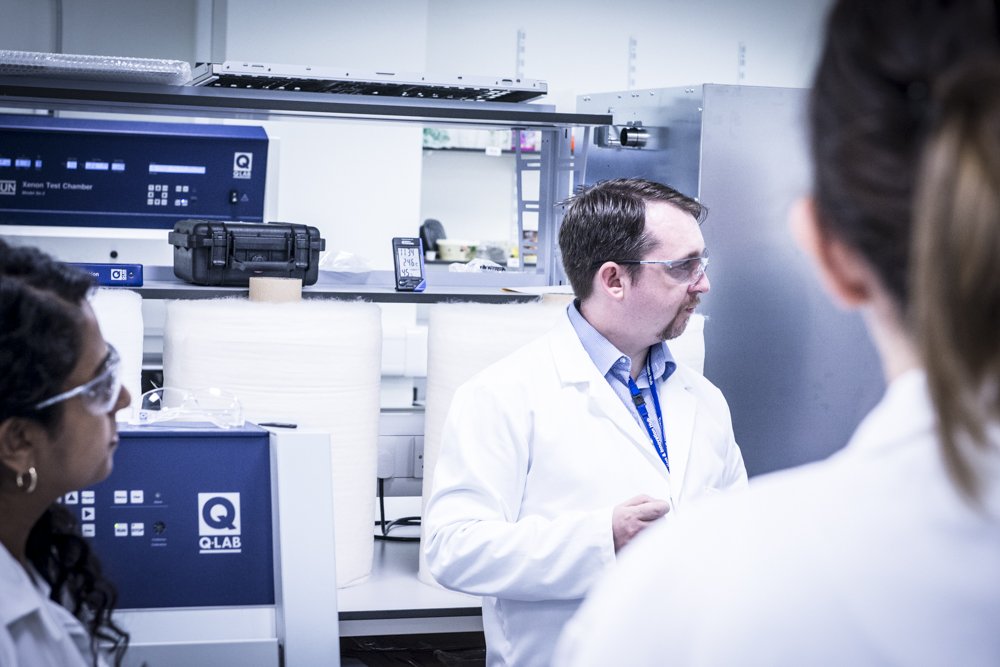Polymateria, a London-based startup that’s “advancing science to help nature deal with plastic pollution”, has raised £15 million from Planet First Partners (PFP). The British startup says its new technology, called Biotransformation, fully biodegrades common forms of plastic, leaving behind zero microplastics with no environmental harm in the process. The new investment will accelerate the rollout of this technology in countries around the world, in partnership with foreign governments.
CEO Niall Dunne explains the remarkability of Polymateria’s solution: “Biodegradable solutions have faltered in the past, largely due to the creation of microplastic, lack of compatibility with recycling systems and confusion from consumers around the recycling of packaging. Biotransformation tackles all three issues.” One material, Cycle+, is a plastic that will biodegrade after about three years, but is still able to be recycled during its usable lifetime. Manufacturers could therefore make recyclable and biodegradable products such as cups, bottles, fruit packaging, and take-out containers. The other material, DegrAid, is designed for “end of life” single-use plastics where recycling is not an option, i.e. most litter. This material begins breaking down within six months.
Frédéric de Mévius of PFP, who also sits on the startup’s board, commented: “We evaluated many technologies in this space and recognised Polymateria’s as completely unique technology, underpinned by third party testing and data and, by design, with great potential to scale up quickly without significant capital cost to industry.”
Working with Imperial College University in London, the team draws from the fields of chemistry, biology and polymer science. Recently they won two separate research grants from Innovate UK, part of UK Research and Innovation and funded by the government, to develop the first Biotransformation technology for PET (Polyethylene terephthalate) and the first ‘petro-plastic’ that meets international standards for both home and industrial composting.
Photo: Polymateria lab



Would you like to write the first comment?
Login to post comments